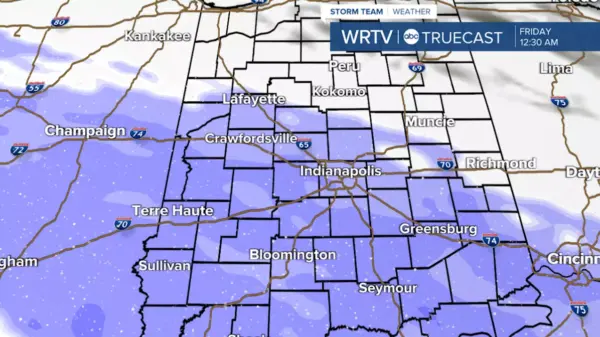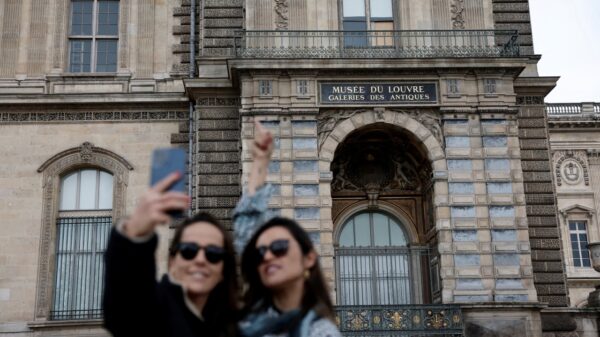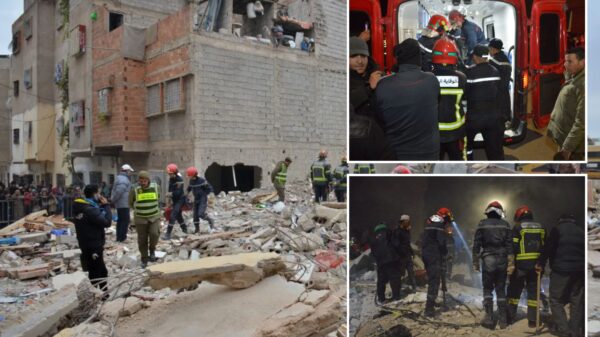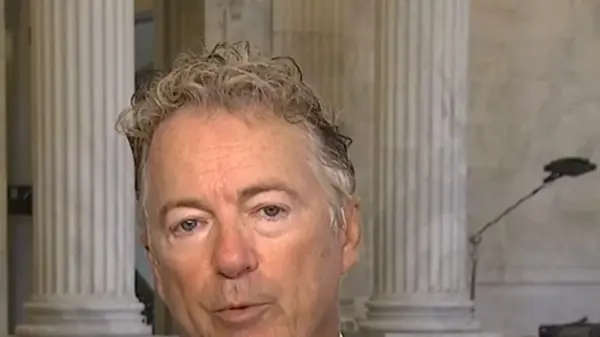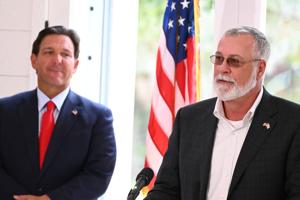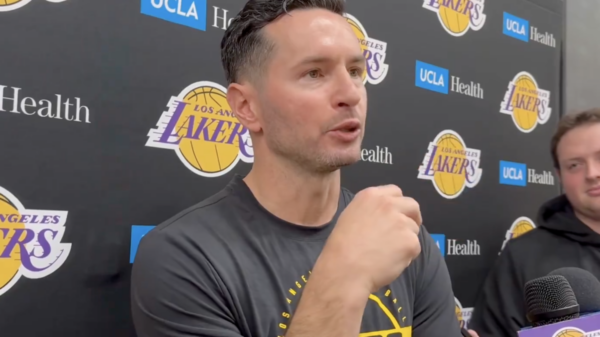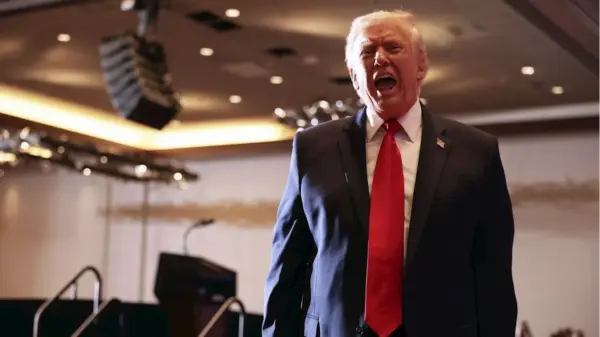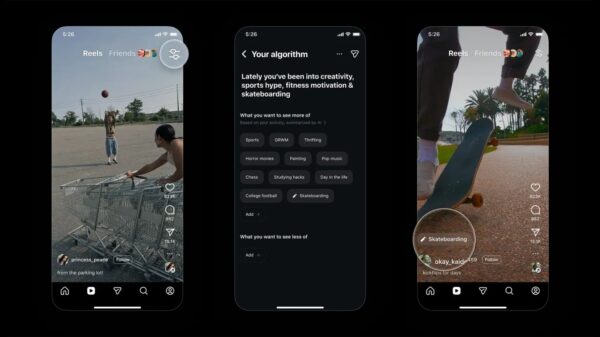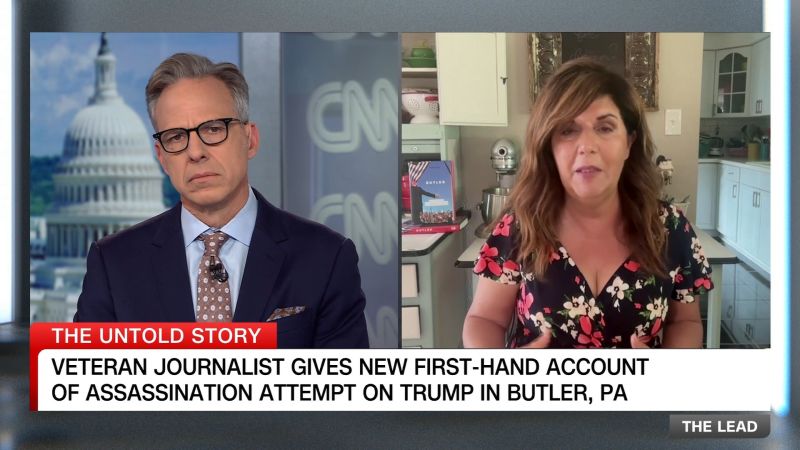A journalist has provided a fresh perspective on the assassination attempt against former President Donald Trump, shedding light on details that were previously undisclosed. In a recent segment of The Lead, journalist Salena Zito discussed her findings regarding the incident, which took place in 2024 while Trump was campaigning in Washington, D.C..
Zito’s account includes eyewitness testimonies and new information about the security measures in place during the event. She emphasized the chaotic atmosphere that unfolded as law enforcement responded to the threat. The incident reportedly involved a suspect who had been under surveillance by authorities prior to the attack.
During her report, Zito detailed how the situation escalated rapidly, with security personnel acting swiftly to protect Trump and the crowd. She highlighted the role of the Secret Service, noting that their prompt response prevented what could have been a devastating outcome.
Zito’s investigation also uncovered the motivations behind the suspect’s actions. According to her report, the individual had expressed extremist views on social media and had a history of erratic behavior. This context raises significant questions about how potential threats are monitored and managed in the current political climate.
The segment on The Lead not only presents a vivid narrative of the assassination attempt but also underscores the ongoing challenges faced by political figures in maintaining security. Zito’s insights reflect a broader concern regarding public safety at political events, particularly as the 2024 election approaches.
As the nation prepares for another election cycle, the implications of Zito’s revelations are profound. Security experts and political analysts alike are now calling for a reevaluation of the protocols used to protect candidates, especially in light of rising political tensions.
This new account serves as a reminder of the vulnerabilities that public figures face and the importance of robust security measures. With the increasing polarization in political discourse, understanding the motivations behind such threats is crucial for ensuring the safety of all individuals involved in the democratic process.
In conclusion, Salena Zito‘s detailed exploration of the assassination attempt against Donald Trump not only offers new insights into a significant event but also raises important questions about security and public safety in the political arena. As the country moves closer to the next election, these discussions will undoubtedly play a critical role in shaping policy and approaches to candidate protection.



